
Vineet Punia, MD, MS, shared thoughts on his study from AAN 2021 which characterized generalized epilepsy in older adults and the elderly, and raised questions about its overall prevalence.

Vineet Punia, MD, MS, shared thoughts on his study from AAN 2021 which characterized generalized epilepsy in older adults and the elderly, and raised questions about its overall prevalence.
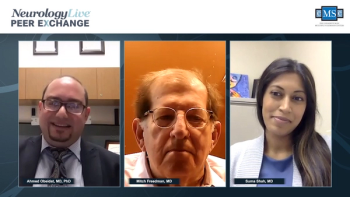
Join Ahmed Obeidat, MD, PhD; Mitchell Freedman, MD; and Suma Shah, MD, for the second program of this monthly series as they discuss the evolution of therapeutics for the treatment of multiple sclerosis.

Jason Poon, MD, neurologist at University of Utah, discussed his study on diagnostic accuracy in telestroke consultations.
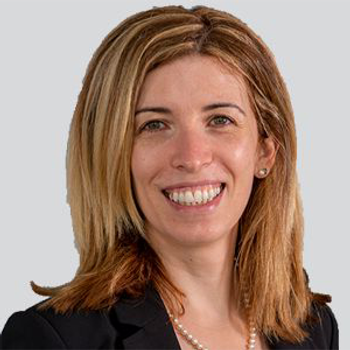
The trial design was presented at the 2021 ENCALS meeting and is set to run for 48 weeks at more than 50 clinical centers.
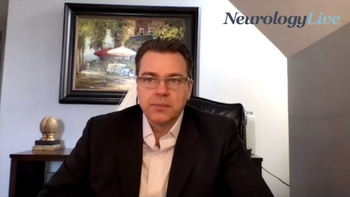
The professor of neurology and director of the Buffalo Neuroimaging Analysis Center discussed the development of the aT2-LV biomarker.

Migraine with aura was associated with the risk of incident hypertension and no significant difference was observed between individuals with or without aura.
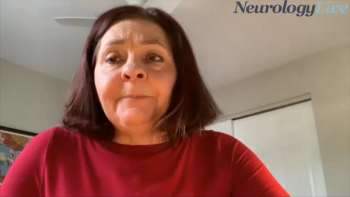
The director of research at St. Luke’s Sleep Medicine and Research Center discussed the current treatment landscape for excessive daytime sleepiness and how solriamfetol plays a role.

The associate professor and director of the Headache Medicine Fellowship Program at Thomas Jefferson University discussed treatment optimization for patients with migraine and raising overall awareness for preventive treatments.

Acute encephalopathy, coma, and stroke were among clinically diagnosed neurological symptoms that increased mortality risk in patients with COVID-19.

The investigational drug, previously granted fast-track designation, did not meet primary or secondary end points in the ORARIALAS-01 trial.
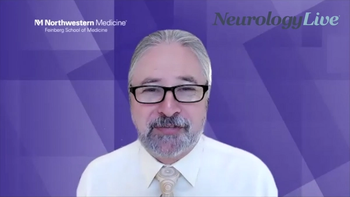
The vice chair for research at the Northwestern University Feinberg School of Medicine discussed the potential of the mobile toolbox battery to screen hundreds of thousands for cognitive impairment.

The degree of increased risk for subsequent ischemic events following intracerebral hemorrhage persisted after adjusting for basic demographic characteristics and traditional vascular risk factors.
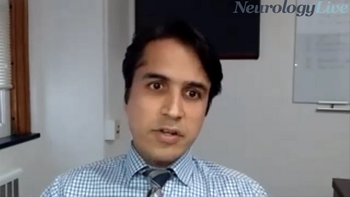
The neurologist from Cleveland Clinic offered his insight into the areas that he believes responsive neurostimulation could provide benefit to patients that need further examination.

Copy number results for the kit were highly concordant with reference results from other methods.

The study will be based in West Haven, Connecticut, and enroll up to 100 veterans with the headache disorder.
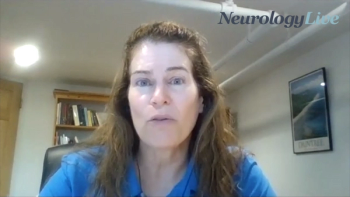
The senior director of patient management, care, and rehabilitation research at the National MS Society discussed challenges in care and rehabilitation in patients with progressive MS.

Robert Fox, MD, Vice-Chair for Research at the Cleveland Clinic Neurological Institute, discussed the findings of the phase 2 EMPhASIS trial of this investigational MS therapy.
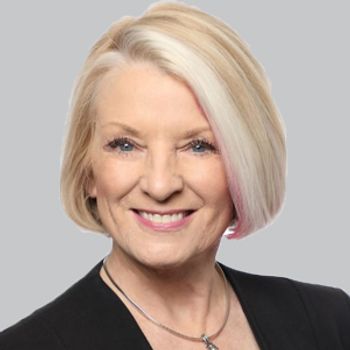
Nearly 65% of responders say their migraine disease makes them feel like life is passing them by and more than half claimed they cannot make plans with friends or family because of the unpredictability of their disease.
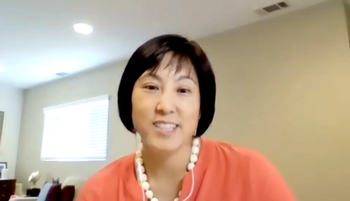
The assistant professor of neurology at the Keck School of Medicine at University of Southern California shared her insight into the study data and the therapy’s potential advantages for patients with Parkinson disease.

Here's what is coming soon to NeurologyLive.
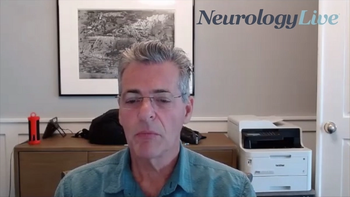
The Ralph and Luci Schey Chair and Director of the Schey Center for Cognitive Neuroimaging at Cleveland Clinic discussed populations that exhibit greater practice effects than others.

The 2 organizations will use whole-genome sequencing and clinical characterization to investigate the genetic causes of CP.
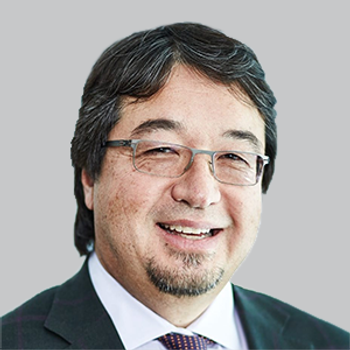
Future steps, including plans for global studies, are currently being evaluated by Biogen, with the final results from the phase 2a study expected to be released in an upcoming scientific forum.
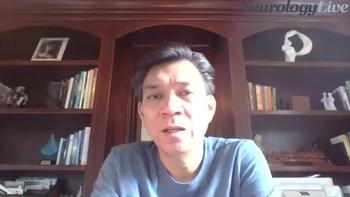
The director of the Center for Neurological Restoration at Cleveland Clinic discussed why gaps remain in screening for patients with Parkinson disease who may be eligible for device-aided therapies.

Lawrence Severt, MD, PhD, discussed the results from the phase 3 ADVANCE trial of atogepant, and its effect on a number of patient-reported outcomes.
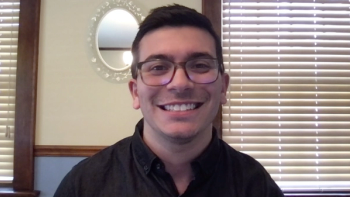
Neurology News Network for the week ending May 15, 2021.

The vice chair for research at the Northwestern University Feinberg School of Medicine discussed creating a mobile cognitive toolbox to be used by all populations.

Take 5 minutes to catch up on NeurologyLive's highlights from the week ending May 14, 2021.
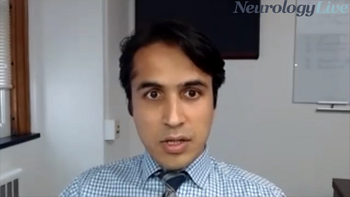
The neurologist from Cleveland Clinic stressed the potential for responsive neurostimulation in older populations with epilepsy and the need for expanded research.
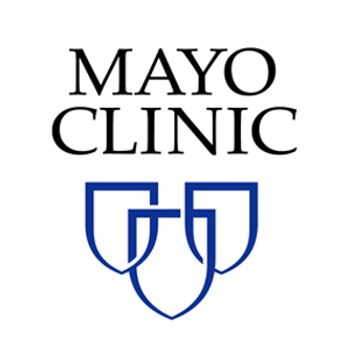
African Americans are not only at increased risk of having a stroke, but they're also at increased risk of being debilitated by or dying from a stroke.